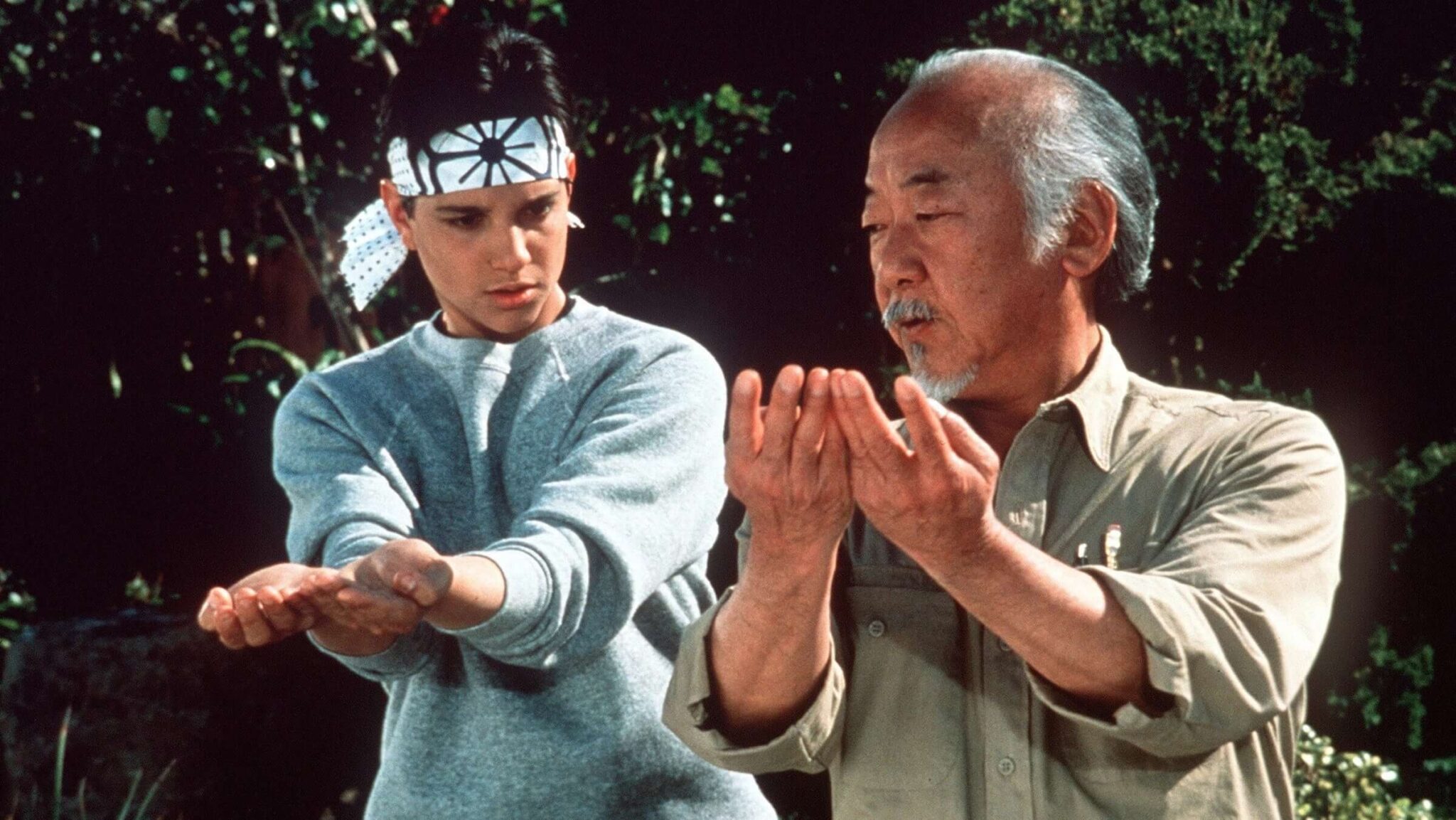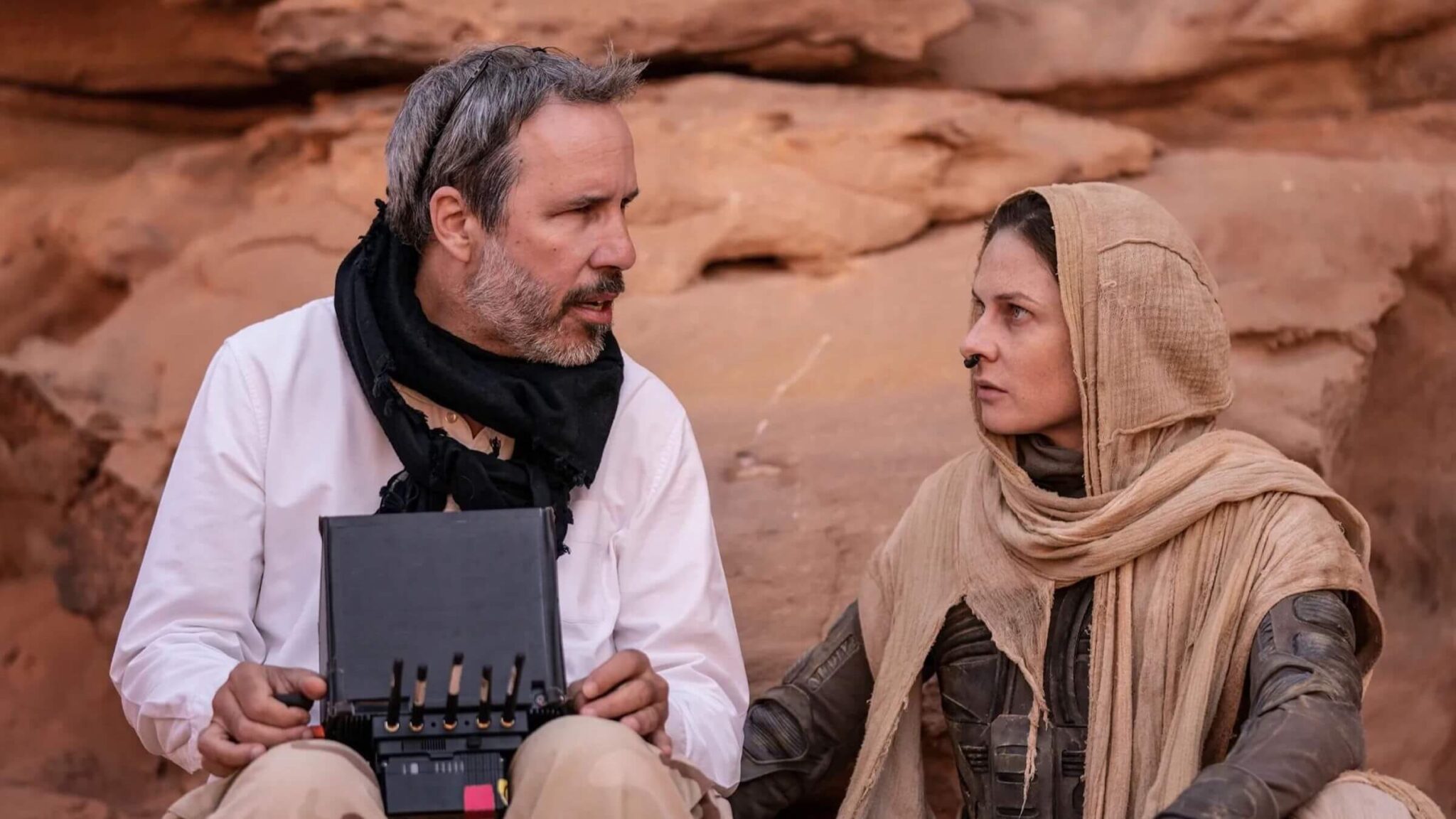7 Habits Of Highly Effective People — The Screenwriting Perspective

How can Stephen Covey's bestselling book The 7 Habits of Highly Effective People be used as a model for your screenwriting career?
In 1989, Stephen Covey published a book about effectiveness centered on principles and character. 7 Habits of Highly Effective People changed lives and those habits were eventually implemented across all walks of life, including successful business plans, work environments, and career objectives.
Here we take those seven habits of highly effective people that Stephen Covey developed and apply them to your screenwriting journey.
1. Be Proactive
There are two types of people in the screenwriting trade — Proactive and Reactive.
Proactive screenwriters take responsibility for their lives and their screenwriting journeys. They don't blame the game — they work within its parameters and do their best to challenge the status quo.
Reactive screenwriters blame external sources for their struggles. They blame the game and look upon its parameters as reasons they are not responsible for their lack of success.
Proactive screenwriters use proactive language — I can, I will, I prefer.
Reactive screenwriters use reactive language — I can't, I have to, If only.
As a screenwriter, you're much more effective when you're acting with a proactive mindset. You acknowledge the rules, guidelines, and expectations of the film and television industry, but you don't blame them for your struggles or lack of success. Instead, you find a way to maneuver through them. You look for ways to bend or break them.
Read ScreenCraft's The Differences Between Screenwriting Rules, Guidelines, and Expectations!
If you're purely reactive, you'll never get noticed because you're not pushing any boundaries. And if you do attempt to push boundaries and fail, you shut down while pointing fingers at the industry instead of adapting and finding another approach that works.
Be Proactive.
2. Begin with the End
The screenwriting perspective for this habit is two-fold.
First, have a vision for your screenwriting career. Know what medium you'd like to work in.
If you want to work in the currently-booming industry of television, point all of your ventures in that direction with that goal in mind.
If you want to work in movies, focus on developing your feature storytelling skills.
You can — and likely will — move between both of those screenwriting spectrums, but the point is to have a general vision of what kind of screenwriter you'd like to be. This will help guide you through your screenwriting journey.
Second, you should always begin your screenplay's development by knowing the ending of your story. When you know the end, you know what you'll be writing towards. Your story and character arcs will be easier to develop and deliver. Your pacing will be enhanced because you see the light at the end of the tunnel coming closer and closer as you write.
Begin with the End — in both your career and your stories.
3. Put First Things First
Prioritizing your projects while balancing your life with your screenwriting journey is key to being successful and effective in life.
This habit starts first with the big picture of your life. The worst advice you can take as a screenwriter is to sell all of your belongings and move to Los Angeles when you first start out. If you already live in Los Angeles, the worst advice you can take is to quit school or any regular job to focus on writing screenplays.
You have to take care of yourself first and foremost.
Make sure your mental and physical health is on par with your wants and needs in life.
Make sure you have a sustainable income to live off of.
When that part of your life is taken care of, then you can move towards your screenwriting priorities.
You always want to make sure that you're choosing your projects wisely. That first screenplay shouldn't be an epic, high concept, big-budget production. The studios aren't going to take on a new writer for a $200 million film. They have their own writers for that. Instead, that first couple of screenplays should be projects that help develop your cinematic storytelling skills.
You shouldn't be looking at making a big sale right away. Priority One should be developing your skills. Yes, you want to write desirable scripts. But the focus should be primarily on honing your craft first. Since writing assignments are the bread-and-butter of screenwriters, those writing skills are necessary.
So be sure to prioritize your writing. Take a couple of screenplays to find your strengths and work on your weaknesses, without the burden of worrying about whether or not those scripts are going to sell. They likely aren't.
Then when you have developed your skills after a couple of screenplays, prioritize what you want to write next by selecting a script that you believe will be a great calling card.
Put first things first.
4. Think Win-Win
Having a win-win attitude is all about being a screenwriter that is ready, willing, and able to accept the terms, adapt to them, and create a mutually beneficial solution.
In screenwriting terms, you want to have a good attitude. You can't be the screenwriter that believes every choice is their way or the highway. You need to learn to choose your battles wisely and do your best to be both empathetic and confident.
There's no place for ego as a screenwriter. This may seem counter-intuitive when you use the word ego with Hollywood, but it's true. The best screenwriters are those that have the confidence to make suggestions and defend something, while also being able to compromise or adhere to whatever stipulations are presented.
This is especially important when you're working under assignment, which is the bread-and-butter of a screenwriter's career. Studios and production companies want a confident screenwriter who can answer the story and character problems that are sure to come up in development. But they also want a screenwriter who is going to be able to understand the wants and needs of the studio or production company.
Think win-win when it comes to your attitude.
5. Seek First to Understand, Then to Be Understood
As screenwriters, we feel the need to pitch our visions and get what we see in our heads into the conversation and onto the pages.
Most people in life seek to be understood. That's the top priority. And because of this, we often don't listen to others. We wait to speak instead of listening, which causes us to miss out on the chance to understand what is needed and wanted for projects.
This applies specifically to writing assignments, as well as working with managers and agents that are trying to shape your career.
In regard to writing assignments, the best thing that you can do before you pitch your take is to listen to what the studio or production company wants and needs. Don't be the one to pitch your vision first. Instead, take the time to ask them what those wants and needs are on their end.
You're saving yourself a lot of heartache in the process, because if you develop a pitch and vision that goes against their wants and needs, it's going to be a tough assignment. Instead, just listen. Ask questions. Poke and prod their minds. Then you can take what you've learned and apply it to your vision with the understanding that you'll need to compromise this and that. Understand what they want and then do your best to have your adapted vision be understood.
In regard to working with managers and agents early-on in your career, listen to them. They know the business. They know where you fit. They know your strengths and weaknesses.
Too many screenwriters go into the representation process demanding this or insisting on that. First, understand what they can do for you, and then take what you've learned from them and try to get them to know where you'd like to be within those parameters.
Seek first to understand, then to be understood.
6. Synergize
Film and television are collaborative mediums. It takes a lot of minds to make a film or develop a TV series. And if you aren't able to work well with others, this isn't the industry for you.
You are more effective as a screenwriter when you can synergize with others.
Early-on in your screenwriting journey, you'll have to synergize well with managers. That will hopefully lead you towards the opportunity to synergize with agents.
Later on, as you develop scripts with production executives, producers, and filmmakers, you'll have to synergize well with that collaborative group.
Creative cooperation is key to a successful screenwriting career. Be open to the influence of others, and they'll be open to the influence that you can provide.
7. Sharpen the Saw
This habit is two-fold, as well.
First, be sure to balance your life while you're on your screenwriting journey. We discussed this briefly by making sure that first things come first.
You can't be a successful screenwriter if your mental and physical health isn't up to par. You can't focus on your writing if you haven't taken care of your financial needs to have a place to live, food to eat, and resources to utilize.
But you also can't be successful at screenwriting if you don't balance all of those things with sitting your butt in front of that notebook, laptop, or computer and getting the work done.
Second, you have to sharpen those skills. Don't be complacent with your writing. Challenge yourself. Don't just write your version of a film or TV series that has already been made. Find something original. Take on genres, subjects, and mediums that scare or intimidate you. Those are usually the best ways to sharpen your skills as a screenwriter.
These are the seven habits of highly successful people. And you can use them to become a highly effective screenwriter as well.
Make sure you're ready for your big break with ScreenCraft's free eBook How to Train Yourself to Be Ready for Screenwriting Success!
Ken Miyamoto has worked in the film industry for nearly two decades, most notably as a studio liaison for Sony Studios and then as a script reader and story analyst for Sony Pictures.
He has many studio meetings under his belt as a produced screenwriter, meeting with the likes of Sony, Dreamworks, Universal, Disney, Warner Brothers, as well as many production and management companies. He has had a previous development deal with Lionsgate, as well as multiple writing assignments, including the produced miniseries Blackout, starring Anne Heche, Sean Patrick Flanery, Billy Zane, James Brolin, Haylie Duff, Brian Bloom, Eric La Salle, and Bruce Boxleitner. Follow Ken on Twitter @KenMovies
For all the latest ScreenCraft news and updates, follow us on Twitter, Facebook, and Instagram.
Tags
Get Our Screenwriting Newsletter!
Get weekly writing inspiration delivered to your inbox - including industry news, popular articles, and more!


























